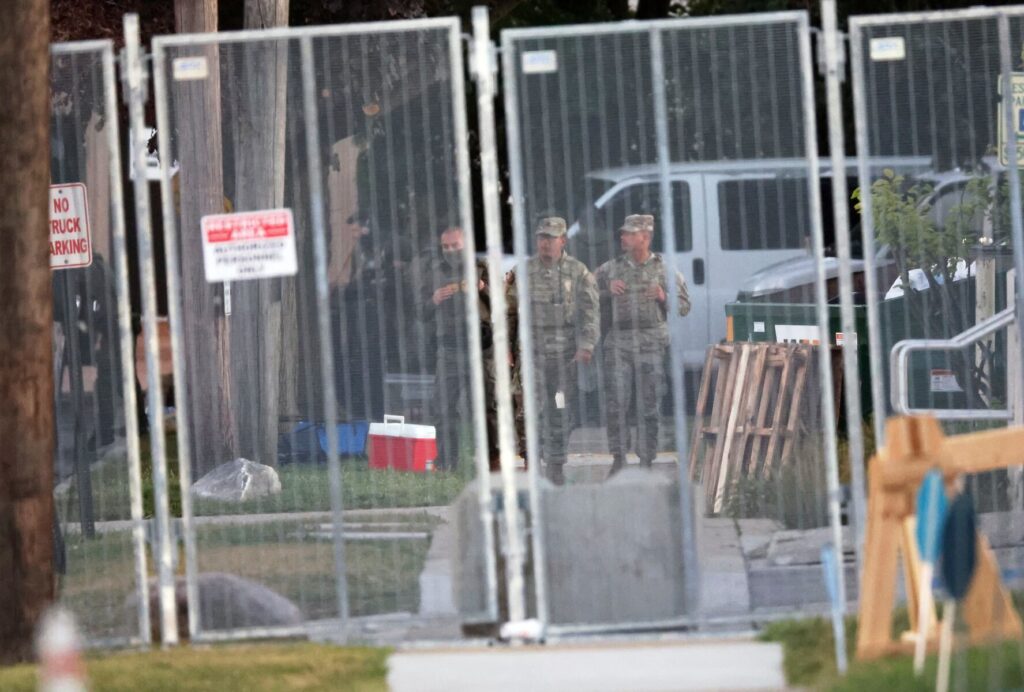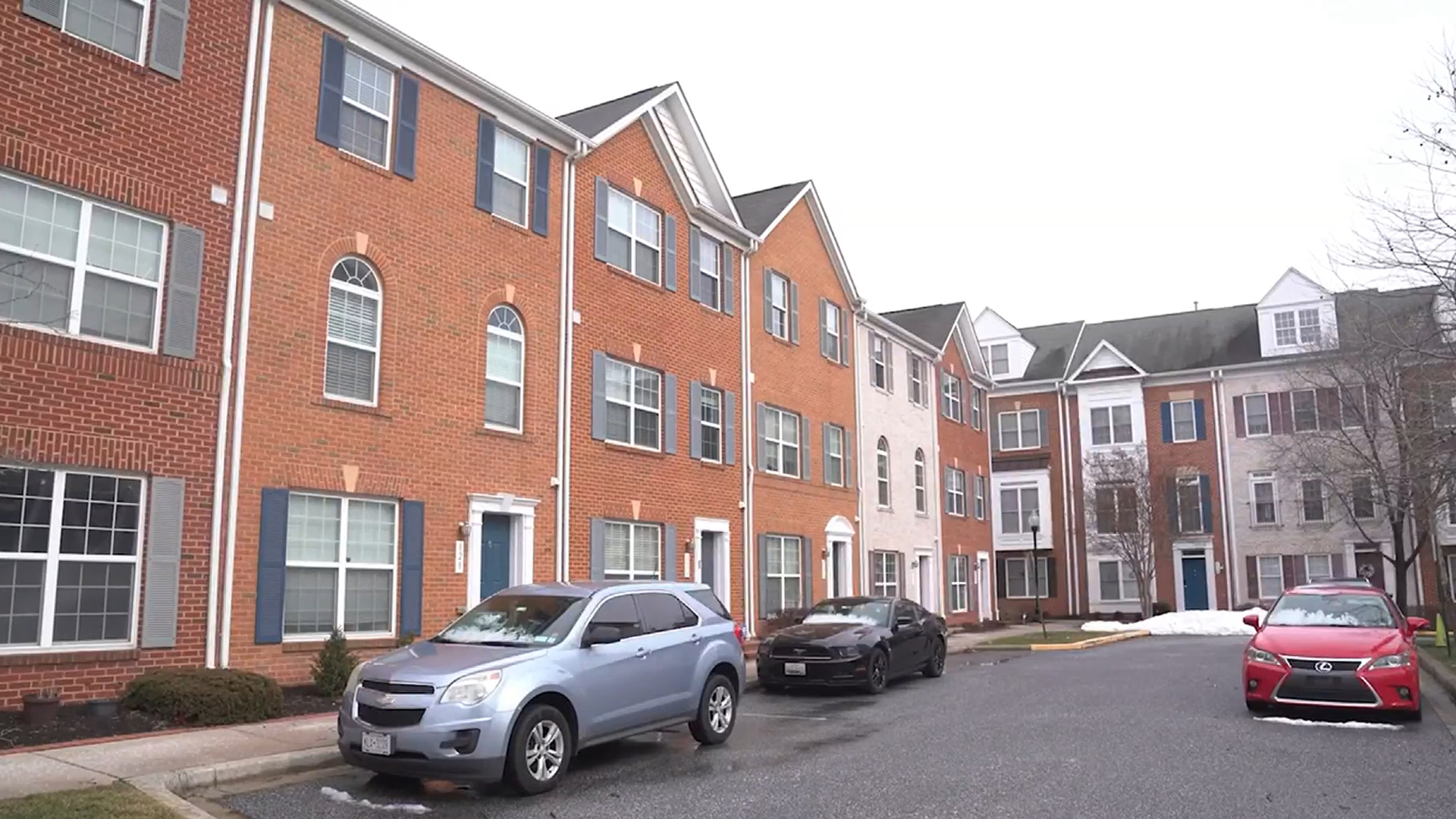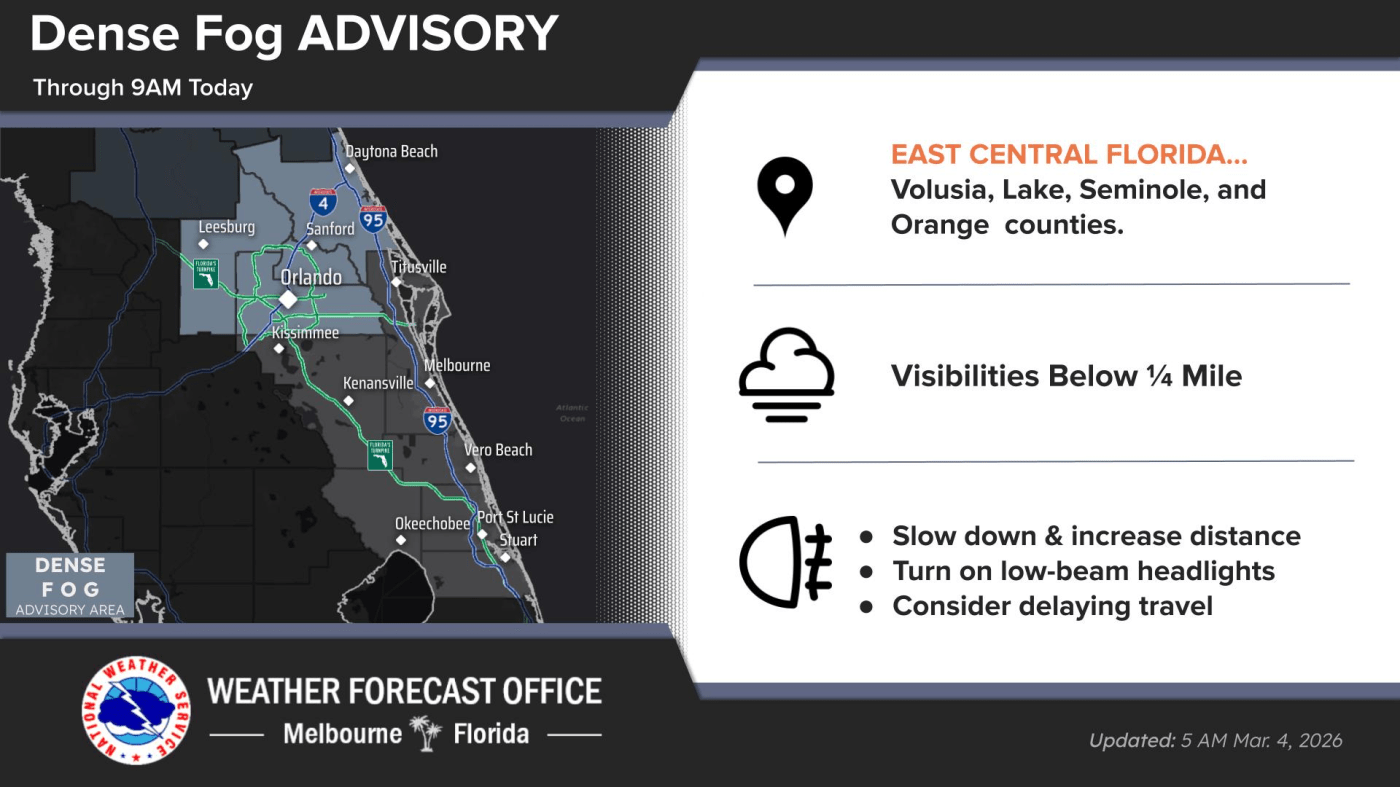
URGENT UPDATE: An appeals court has ruled that National Guard troops stationed in Illinois by President Donald Trump will remain under federal control but cannot be deployed for protective patrols or to secure federal properties. This decision comes following a ruling by federal Judge April Perry, who temporarily blocked the deployment for a minimum of two weeks, citing a lack of evidence for a “danger of rebellion” in the state.
The appeals court announced the decision on Saturday, October 7, 2023, indicating that further arguments will be heard soon. Judge Perry’s ruling on Thursday expressed serious doubts about the necessity of deploying National Guard troops amid Trump’s immigration crackdown, noting that civil authorities have effectively managed the situation without military intervention.
Perry’s opinion highlights that federal law enforcement has successfully conducted operations, leading to significant increases in arrests and deportations. “There has been no showing that the civil power has failed,” Perry stated, emphasizing that the legal system remains functional and capable of enforcing laws.
The 500 National Guard members from Texas and Illinois are primarily based at a U.S. Army Reserve Center in Elwood, located southwest of Chicago. A small contingent has been assigned to a U.S. Immigration and Customs Enforcement building in Broadview.
This ruling is part of an ongoing legal and political struggle regarding the deployment of National Guard troops in response to crime claims made by the Trump administration, despite inconsistent supporting statistics. The president’s ability to deploy military forces arises from the Insurrection Act, which allows for active duty military intervention in states that do not maintain order.
As this situation unfolds, residents and officials in Illinois are closely monitoring developments. The court’s decision raises significant questions about the extent of federal authority and military involvement in local law enforcement.
Stay tuned for more updates on this pressing issue as it continues to develop.






